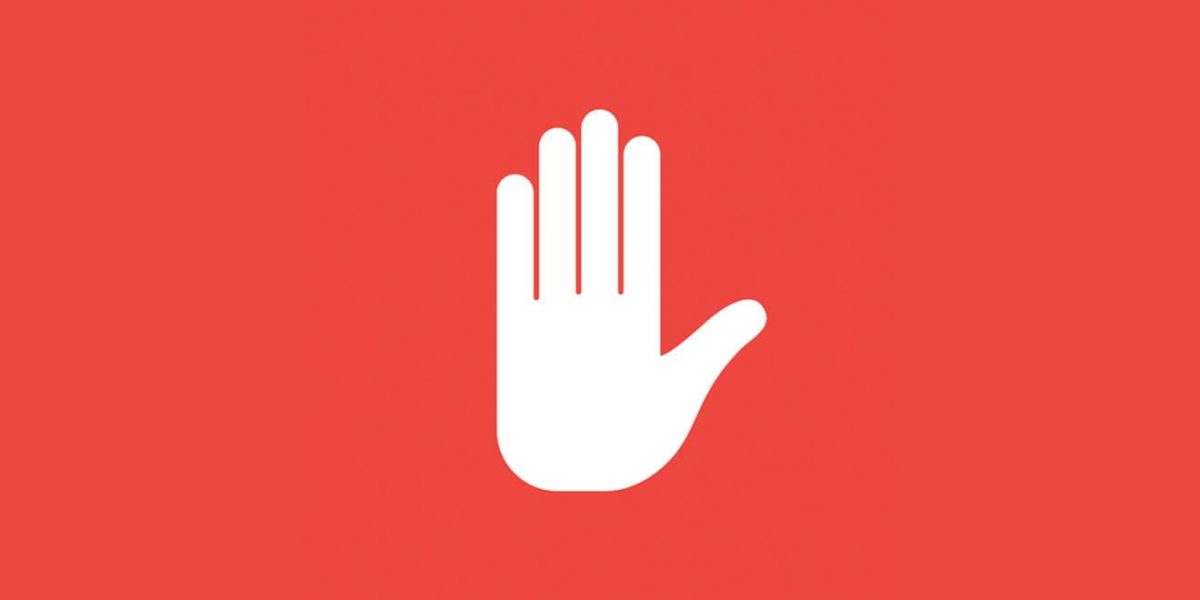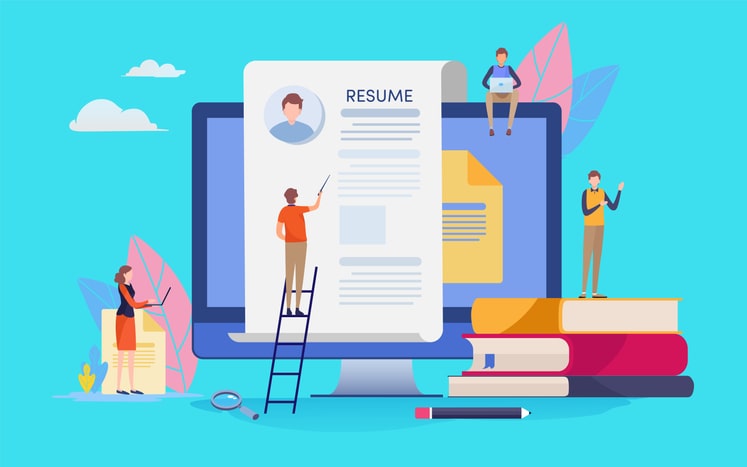When it comes to searching for jobs, it is extremely important to not take rejection personally. The reality is that there are hundreds of people applying for the same job at the same time, and you need to leave a lasting impression while having your skills, work history, and career goals align with the role. The job market is tough, there are more candidates with a laundry list of qualifications these days, and companies always want to get the best bang for their buck. Try to not take it personally.
Applying for jobs and interviewing is an exhausting process. Your time is valuable. And after going through the interview cycle and being rejected, you can feel defeated, lack the motivation to continue the process, and your ego or pride may be hurt. But here’s the deal, you need to get rid of this idea that rejection is always a bad thing. Rejection happens even after you land a job; it happens in your personal life; it’s a part of being human.
Reflect on the interview
Self-reflection is one of the best things you can do for yourself in all facets of your life. When a relationship or friendship goes wrong, you reflect, right? Why wouldn’t you do this for yourself when it comes to your career?
Ask yourself the following questions:
- Was I actually the perfect fit for this role? Do I lack any major job qualifications/requirements?
- Are there specific qualifications I can gain to acquire a role like this?
- What interview questions did I answer well?
- What interview questions could I have answered better?
- Did I forget to bring anything up during the interview that may have had a positive impact on the outcome?
- Did I come off confident?
- Did I practice proper interview etiquette?
The reality is you’re not perfect. No one is. You can always learn and grow from any experience. Being reflective on the interview experience will only strengthen you as a candidate and improve your self-awareness.
Ask for feedback
When you’ve been rejected from a job, contact the representative from the company who would be able to provide feedback on why you didn’t get the job. Companies rarely provide this information without the request. Sending an email opens the dialogue and will help you gain better insight into your strengths and weaknesses as a candidate:
Dear [contact],
Thank you for taking the time to interview me or the [role] position at [company] on [date]. I appreciated the opportunity to discuss this role with you and you letting me know that I was not selected.
I was hoping to ask you a favor. Would you be available for a quick call to discuss how I could improve upon my candidacy for employment? Any feedback you could share would be greatly appreciated.
Thank you again for your time and consideration. If you are available, please let me know when a call works best for you.
Best regards,
[your name]
[your phone number]
[your email]
[your LinkedIn profile URL]
If and when the interviewer responds, sets up a call, and provides feedback, make sure you are open and once again, don’t take it too personally. Yes, they are providing feedback on you, but you asked for it, and when it comes to your career, it is not the time to be reactive, negative, and closed off. Let down your guard and never be defensive. They took the time to let you know what they were looking for specifically and why you didn’t fit their bill.
On this call, consider asking the following questions:
- Were there any key qualifications for this position that were missing in my background?
- Do you have any suggestions on how I may improve upon my resume or cover letter?
- Were my job references strong enough for this job?Do you have any tips on how I could have better researched your company before our interview?
- Do you have any advice on my interview style?
- If for some reason your new hire doesn’t work out and you reopen the role, what skills do you think I should strengthen in order to be reconsidered for this job?
When you ask these questions and roll into a broader conversation with the point-of-contact, you can learn a lot about yourself and what companies are looking for with those types of job postings.
Keep in touch
A couple months after the follow-up conversation, if you are still interested in employment with the company you interviewed with, request that the recruiter contact you with any opportunities that may align with your skillset. When you send this request, make sure you highlight the new skills and opportunities you have gained since the interview, reinforcing that you are working on the feedback they provided and are committed to being the best version of yourself.
You may have not been the right fit for the role you interviewed for, but that doesn’t mean you wouldn’t be a great fit for another.
–
When you take rejection personally, you set yourself back. If you look at how everything works, the saying “when one door closes another one opens” truly applies. Maybe you were rejected because you didn’t have enough experience. Maybe they rejected you because you were out of their price range. Maybe they rejected you because after the interview someone else made a stronger impression. Or maybe, if you believe in it, you were rejected because there’s a better opportunity that aligns perfectly with your skillset and it’s on the horizon.
The point is, get used to rejection. When you land a role, you’ll experience rejection while in that position. You will have ideas rejected, some personalities will not align with yours and you may feel rejection within those social constructions, and ultimately, you will always experience different forms of rejection in your personal life. Grow that thick skin, dig in, take rejection on head first, and don’t take it personally. You will find what you are looking for and end up in a role you are meant for. It just takes time, dedication, and the ability to roll with the punches.

